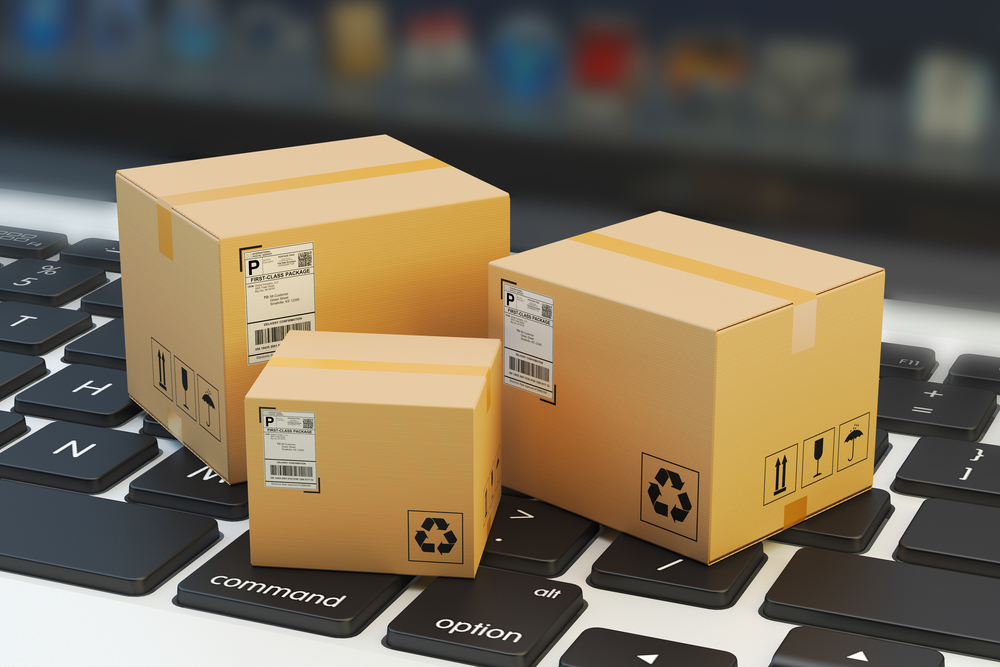Digital transformation is now a top priority for consumer product brands. People have fully embraced the benefits created by technology as it revolutionizes buying and shopping behaviors, leading to consumer empowerment. Technology enables brands and businesses to satiate growing and evolving consumer demands and to deliver an ever-improving experience. Though many CPG companies have already set foot on the road to a digital transformation, few have adopted an agile operating model that would ensure effectiveness and efficiency. With a coronavirus backdrop, there has never been a more critical time to incorporate digital transformation in the CPG industry.
So, how do you orchestrate a successful digital transformation in the consumer products market? It becomes a fine blend of enabling a team of change managers to put in place a consumer-centric strategy, meanwhile, setting up your business objectives and running an evaluation of your current infrastructure and workforce. Incorporating agile methodologies to define your actions, assess results, and implement changes on-the-go, and as you constantly improve, you constantly develop.
Let’s dive in.
Building A Picture Of An Effective Digital Strategy
A major advantage in digital transformation is the incorporation of agile processes. Especially in an industry dictated by changing and evolving consumer behaviors. Implementing future-proofing tools, such as data collection and analytics, enables a company to respond promptly to consumer demand.
To implement this digital process, a consumer products company needs to first perform an assessment on how it currently functions, and ultimately, how it would profit from digitization practices. Hiring a team that is digital ready is advantageous as their objective stance will highlight the areas that may require a refreshed operating model that will impact the customer life-time value.
Painting such a comprehensive picture brings a business’ future to life and the requirements for building and maintaining the refreshed structure (from design architecture to the eventual skills required of employees).
Breaking Away From A Traditional Industry Model
Most CPG companies are yet to embrace digital transformation. Over recent years, e-commerce has grown to deliver almost any kind of products to consumers. E-commerce presents a major economic advantage for companies, opening the option to sell to a wider audience with greater immediacy, especially when harnessing the power of strategic partners.
In effect, a way to react to this opportunity is to start a digital transformation process from manufacturer to consumer, embracing ‘direct to consumer’ channels. If 2020 has revealed anything, it is the sheer dependency that consumers now place on the digital universe.
Obstacles In The Way Of A Digital Revolution
With regards to being in a disruptive market, the CPG industry is limited. Yet, implementing digital transformation provides opportunities for innovation. The industry generally lends itself to being proactively tactical as opposed to strategic, but digital transformation enables it to stay ahead of the curve.
Incidentally, some challenges come in the power to deliver on contemporary social expectations, such as sustainability, health, and wellbeing. The pandemic has served only to reinforce those demands. CPG businesses must consider how they will integrate zero-waste, greener processes within their business model, as well as serving greater value for active customers.
Yet, the CPG industry must react to demands for ethical responsibility despite a competitive landscape of pre-established e-commerce brands. Simultaneously, while e-commerce becomes vaster, shelf-space in brick and mortar stores gradually reduces and often favors own-brand products. In which case, CPG brands must constantly showcase their worth, particularly to the retailers with the potential to grow sales and increase lifetime value.
By incorporating and developing software that enables a brand to remain agile, modern, and proactive, CPG businesses will overcome current challenges and prosper. The incorporation of experienced partners will accelerate the process by making it more effective and bringing new ideas. The process of selecting the right software partner is key to a successful transformation to a customer-centric brand and organization.
At XpertAI, we make your ideas possible. Don’t miss the opportunity to implement tomorrow’s products today. Let’s Talk!
